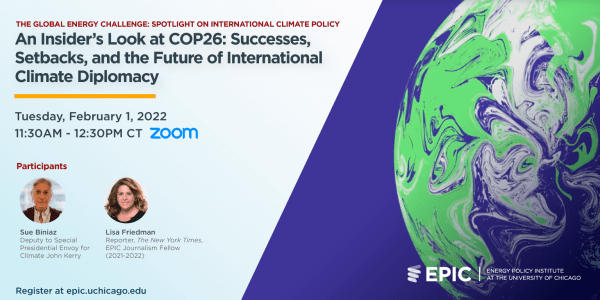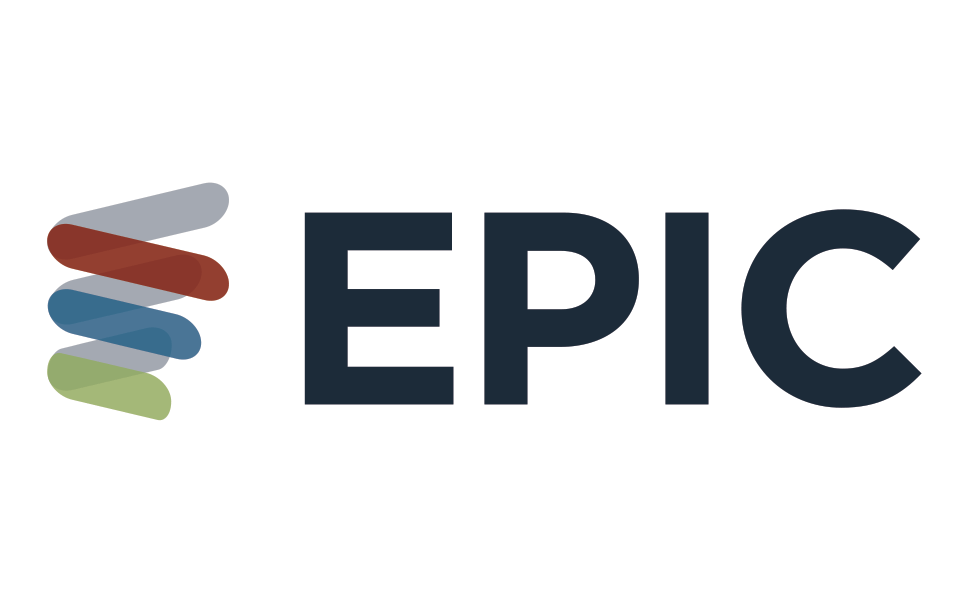
Last November, the international community concluded its 26th United Nations Conference on Climate Change (COP26) in Glasgow, Scotland to mixed reviews. Among its successes, COP26 concluded the Paris “rulebook,” adopted a consensus decision on next steps, and produced a series of multilateral commitments on limiting methane emissions and deforestation, strengthening climate finance, etc. A joint declaration between the United States and China offered hope that the world’s two largest economies and carbon emitters can still work together. However, despite substantial progress since adoption of the Paris Agreement in 2015, the world remains off track to limiting warming to 1.5 degrees Celsius. Key countries have not yet aligned their “nationally determined contributions” with the Paris Agreement’s temperature goal. Key questions include: How should the world view COP26? Is progress being made, or are countries avoiding the tough choices? How essential is the United States? And where do international climate negotiations go from here?

Join EPIC as they host Sue Biniaz, Deputy to Special Presidential Envoy for Climate John Kerry, who played a critical role in both the forming of the Paris Agreement and in the latest talks. Biniaz will talk with EPIC journalism fellow and The New York Times climate reporter Lisa Friedman, who was in Glasgow covering the conference, on the successes and setbacks from COP26 as well as the future of international climate diplomacy. Register here.
- Further Details:
- Date: Tuesday, February 1, 2022
- Time: 11:30AM – 12:30 PM CT
- Location: Zoom
- Event Page
- Facebook Event Page
- Further details on Sue Biniaz
- Further details on Lisa Friendman
The Energy Policy Institute at the University of Chicago (EPIC) produces data-driven research that advances society’s understanding of the global energy challenge and translates research insights into real-world impacts through strategic outreach and training for the next generation of global energy leaders.

